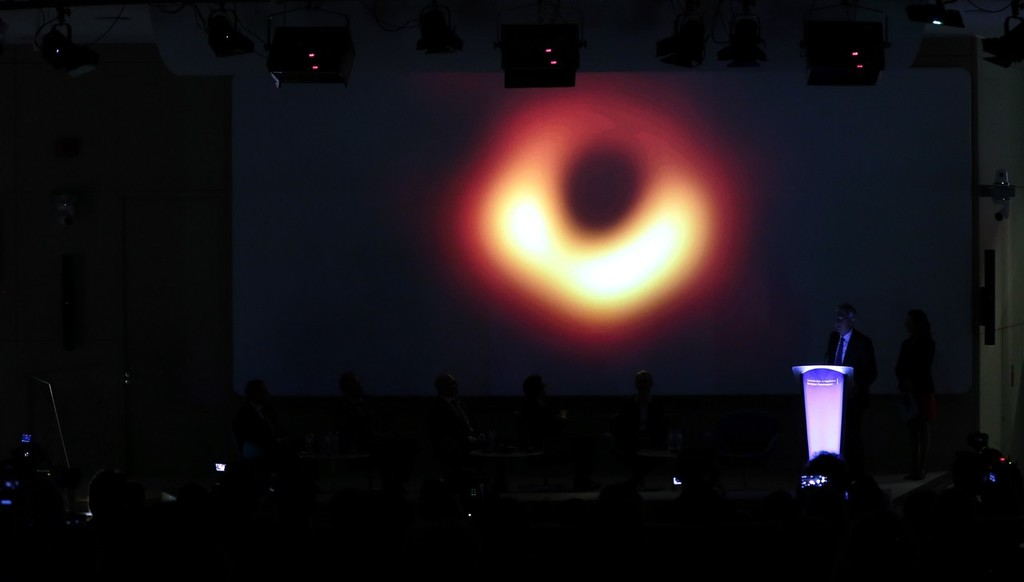Space oddities? They are all around us


What with one thing and another it seems that 2020 has started rather badly, carrying on where 2019 left off in fact. Nowadays, of course, there is a tendency to blame the alien whenever things start to look at all crummy. The newcomer, not meeting the criteria for belonging, is, ipso facto, a ne'er-do-well, both ill-favored and ill-omened.
Having made a long and risky journey to another land in the hope of being rewarded with a more palatable future, incomers to established settlements are instead viewed as interlopers and greeted with hostility. Marked out by their appearance. They become easy prey for the ringmastered emotions of desperate and dangerous circuses.
As if one's birth planet is a matter of choice.
Being carbon-based refugees from a self-desolated planet does not mean that when pricked we do not bleed.
Yet the notion that we might not be welcome in other worlds, not least because of our casual contempt for the evolutionary heroics of the biodiversity that acts as our own life support system, seems to be of no concern to those who eye the heavens as a natural extension of our journey out of the trees.
They envision Goldilocks planets, terraformed if necessary, where everything will be just to their liking.
But any X-percenters hoping their DNA-dopplegangers will be able to escape to a more hospitable planet may be in for a rude awakening.
Even if their hosts are welcoming of a species with such biocidal tendencies in their midst-and that's assuming they don't have the same proclivity themselves-there is also the fact there are just not that many habitable planets around.
The results of a study by the University of California released in June last year suggest that planets in most regions of the habitable zone, the area around a star where a planet could have liquid water, while fine for single-celled microbes would be unable to support ecosystems like those on Earth because they would have too much carbon dioxide or carbon monoxide.
For more complex life-forms like ourselves, the Goldilocks zone shrinks significantly, dramatically reducing the number of plausible exoplanets on which carbon-based aliens and ourselves might meet.
And of course that also shrinks the probability of alien life-forms existing that we might be able to communicate with in some way. Even with the best will in the world, it is going to be hard work holding a conversation with some protozoans.
Nonetheless, that hasn't dimmed our ardor for contact and some interstellar chat, regardless of the possibility that we might end up regretting drawing attention to ourselves.
Fresh help in the hunt for extraterrestrial life was provided on Saturday when the Five-Hundred-Meter Aperture Spherical Telescope, or FAST, cradled in a natural basin in China's Guizhou province, officially began operations. Exploring the universe at radio frequencies, the largest single dish radio telescope on planet Earth will be listening for potential broadcasts from extraterrestrials.
But is there really anyone or anything else in our solar system or beyond broadcasting their whereabouts? Can they hold a tune? And do we really want to find out?
Perhaps. Probably. It is hard to shake the suspicion that even if we do find other complex life-forms elsewhere in the universe, it's not going to alter some people's conviction that they are the paramount representatives of the most, perhaps only, intelligent species throughout all time and space.
Yet even on Earth, where the Goldilocks zone is here and now, life is infinitely stranger than we could imagine. We would not have dared conceive of even the most commonplace organisms around us. So our extraterrestrial neighbors, if there are any, could be very different indeed, and, if they have any sense at all, it is doubtful that they will look on homo sapiens as favorably as we do ourselves.
The author is a senior editor with China Daily.
Today's Top News
- China to apply lower import tariff rates to unleash market potential
- China proves to be active and reliable mediator
- Three-party talks help to restore peace
- Huangyan coral reefs healthy, says report
- PLA conducts major drill near Taiwan
- Washington should realize its interference in Taiwan question is a recipe it won't want to eat: China Daily editorial






























